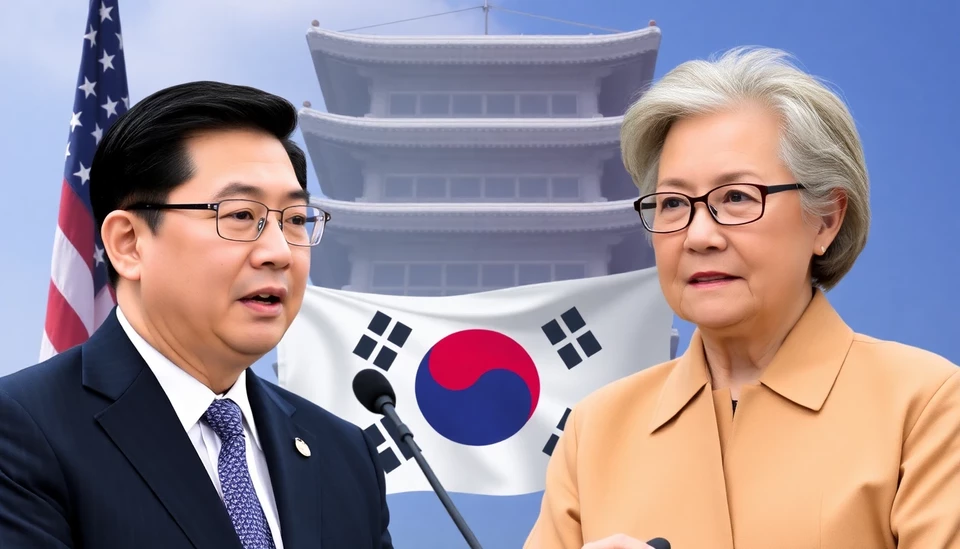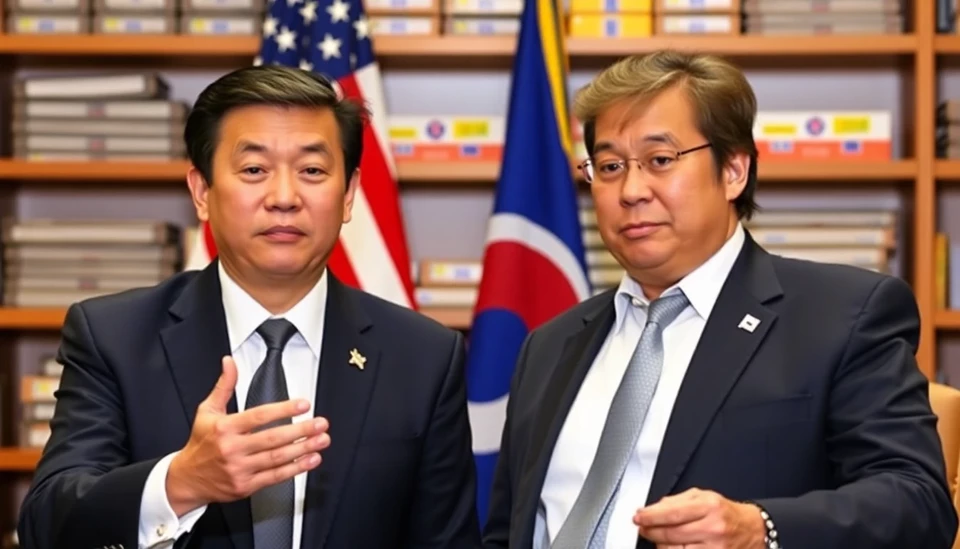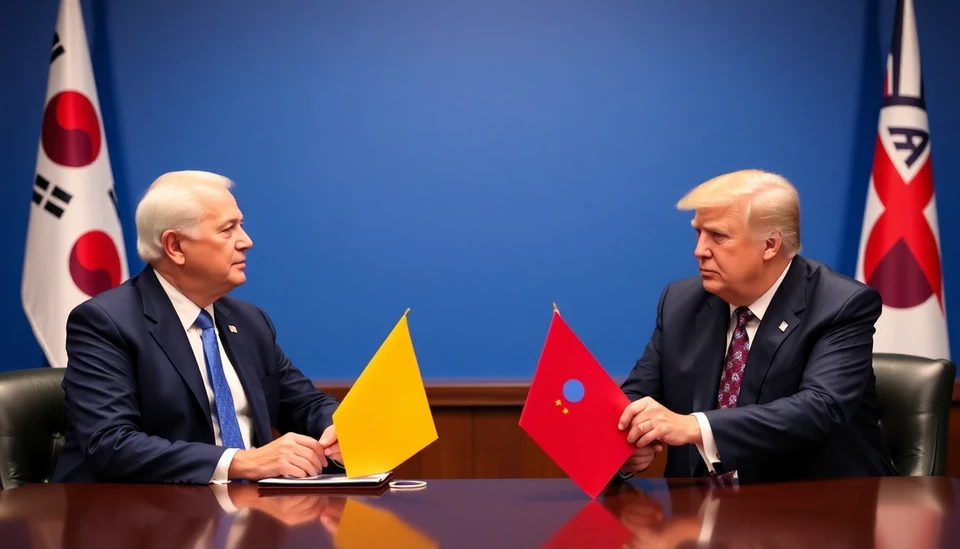
In a significant move reflecting growing domestic pressures and international trade dynamics, South Korea has announced plans to impose tariffs on Chinese steel imports. This decision aligns with protectionist strategies adopted by various nations, echoing actions taken by the former Trump administration in the United States.
The South Korean government, under the direction of its Ministry of Trade, Industry and Energy, is preparing to implement a series of tariffs aimed at curbing the influx of cheaper steel from China. These tariffs are part of a broader initiative to protect local manufacturers and address the challenges posed by foreign competition.
Recent reports indicate that South Korea is particularly concerned about the detrimental effects of Chinese steel on its domestic market. The influx of inexpensive steel products from China has raised alarm among local manufacturers, who argue that it undermines their competitiveness and threatens the viability of the industry.
To substantiate their claims, South Korean officials highlighted a significant surge in steel imports over recent years, attributing it to aggressive pricing strategies employed by Chinese companies. This has resulted in a sharp decline in prices within the local market, making it increasingly difficult for South Korean steel producers to maintain profit margins and secure their operations.
Experts have noted that this decision mirrors similar tariff impositions by other countries, including the United States, which previously enacted tariffs on steel and aluminum imports primarily targeting China. The global steel industry has been significantly impacted by these protectionist measures, and South Korea appears to be positioning itself similarly in the ongoing trade wars.
The South Korean government's plan also includes consultations with key stakeholders in the domestic steel sector to gather insights and assess the implications of the proposed tariffs. These discussions will focus on determining the appropriate tariff rates and understanding how best to mitigate the negative consequences on local businesses while effectively addressing the influx of foreign steel.
As the international community closely watches these developments, experts anticipate that South Korea's move may prompt a series of retaliatory actions from China. This could further escalate tensions in trade relations between the two nations and contribute to a more complex global trade landscape.
In conclusion, South Korea's decision to pursue tariffs on Chinese steel imports marks a pivotal moment in the ongoing trade discussions and reflects the broader trend towards protectionism observed in various parts of the world. As the situation unfolds, the implications for the global steel market and international trade relations will continue to be a topic of significant interest.
#SouthKorea #Tariffs #ChineseSteel #TradeWar #EconomicPolicy #SteelIndustry
Author: John Harris




